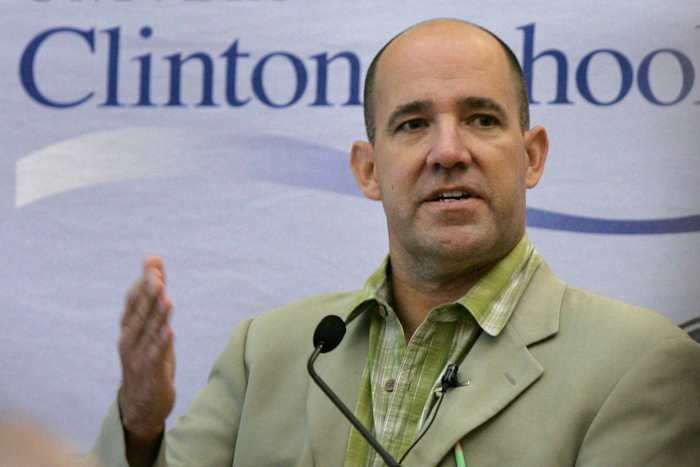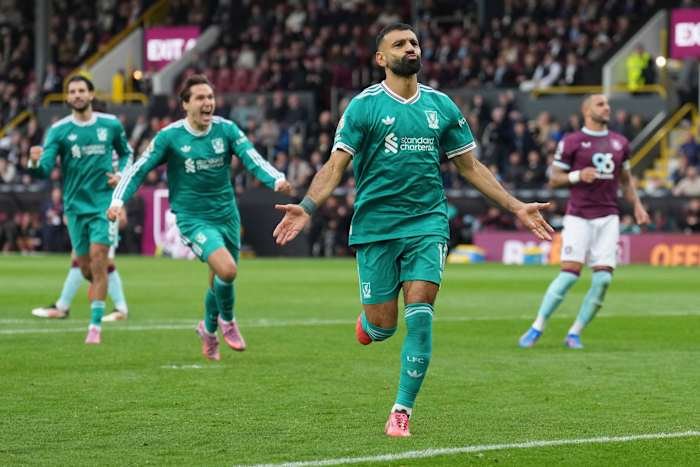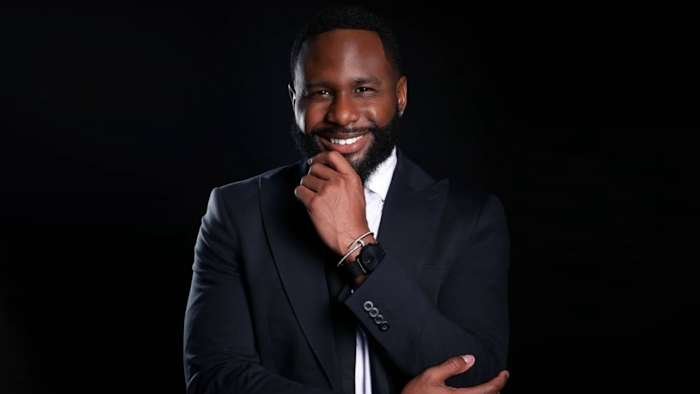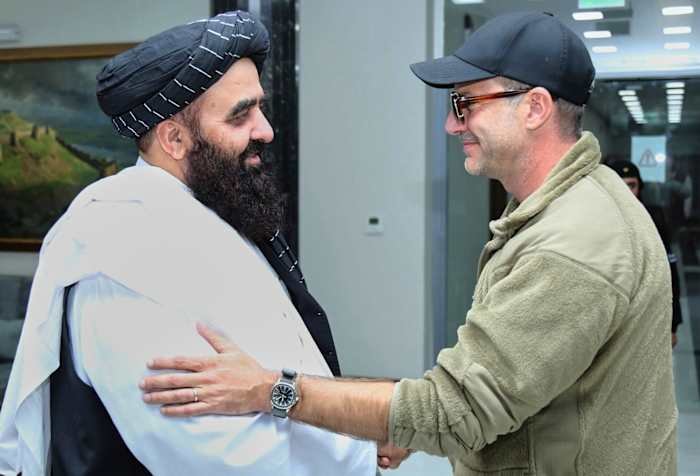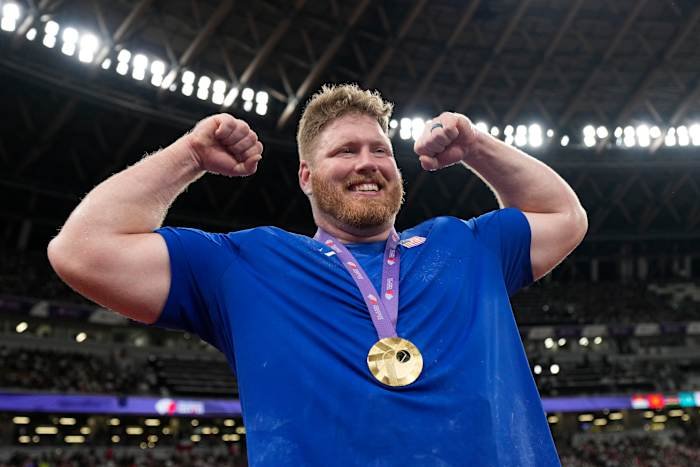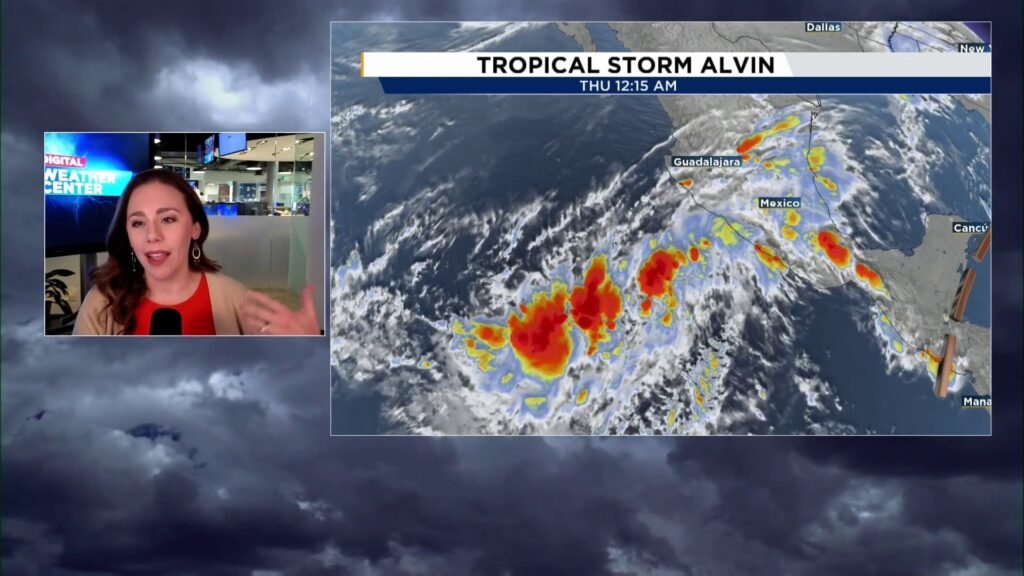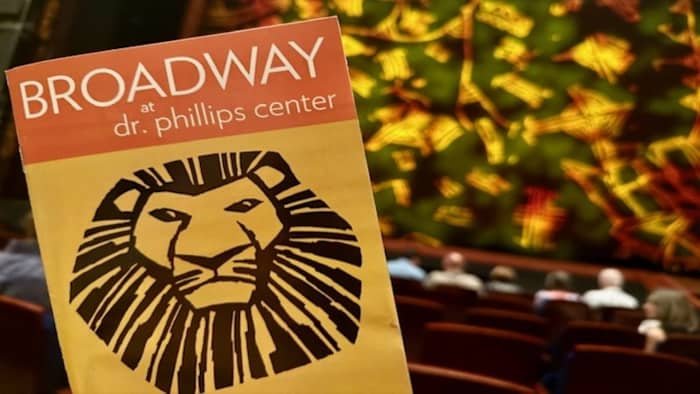Daily Orlando News – The media world was rocked this week as veteran political analyst Matthew Dowd parted ways with MSNBC following a storm of controversy over his recent commentary about conservative activist Charlie Kirk. This unexpected move has sent ripples through the national news landscape, with implications for viewers and media professionals, including those right here in Orlando. Let’s break down what happened, why it matters, and what local residents should take away from the situation.
An Overview of the Controversy
Matthew Dowd, a well-known political analyst and former chief political analyst for ABC News, joined MSNBC as a contributor, frequently offering his insights on American politics. However, his tenure at the network came to a sudden halt after remarks made about Turning Point USA founder Charlie Kirk. During a recent segment, Dowd made comments that sparked immediate backlash from viewers and political commentators, who accused him of crossing a line in his critique of Kirk.
The exact nature of Dowd’s commentary has not been fully disclosed by MSNBC, but the response was swift and decisive. The network announced Dowd’s departure, stating that his remarks did not align with MSNBC’s editorial standards. This decision has ignited a debate about the boundaries of political commentary in the current media climate.
Media Accountability and Free Speech
Dowd’s ousting from MSNBC highlights the ongoing tension between freedom of expression and media responsibility. News organizations, particularly those with national reach like MSNBC, must navigate the delicate balance between allowing contributors to speak candidly and upholding standards of respectful discourse. The line between strong analysis and personal attacks is often blurred, leading to challenging decisions for both networks and their on-air talent.
For Orlando viewers who rely on cable news for information and analysis, this controversy raises important questions. What kind of commentary do we expect from our news sources? Should analysts be given more leeway to speak their minds, even if their statements provoke strong reactions? Or do networks have a duty to rein in voices that could be seen as inflammatory?
Impact on Orlando’s Media and Political Landscape
While this story is national in scope, it resonates locally in Orlando, a city known for its diverse population and active engagement in political issues. Orlando residents often turn to national networks like MSNBC for political coverage that shapes their understanding of both local and national affairs. Dowd’s departure serves as a reminder that the personalities delivering the news can influence viewers’ perception and trust in the media.
Moreover, Orlando is home to many students, media professionals, and aspiring journalists who look to figures like Dowd as examples. This incident provides a case study in the professional risks associated with on-air commentary and the importance of understanding the editorial policies of one’s employer. It also underscores the reality that local voices—whether in Orlando or elsewhere—are deeply affected by shifts in the national media landscape.
Community Reaction and Political Polarization
The fallout from Dowd’s comments about Charlie Kirk has also reignited discussions about political polarization in America. In Orlando, where political views span the spectrum, residents may find themselves divided over whether Dowd’s remarks warranted his dismissal. Some local activists and commentators have argued that the move stifles honest debate, while others believe it’s necessary to maintain civility in public discourse.
Social media in Central Florida has seen a flurry of opinions on the matter, with hashtags related to Dowd and Kirk trending among local users. This incident offers an opportunity for Orlando’s political and media communities to reflect on how we can foster open discussion without descending into personal attacks or harmful rhetoric.
What’s Next for Matthew Dowd and MSNBC?
As for Matthew Dowd, his future remains uncertain. Known for his sharp analysis and willingness to challenge conventional wisdom, Dowd is likely to remain a prominent voice in American politics—whether through other media outlets, podcasts, or his own writing. MSNBC, meanwhile, faces the challenge of maintaining viewer trust and editorial integrity as it continues to navigate a polarized media environment.
For Orlando viewers and media watchers, this episode serves as a timely reminder of the importance of critical thinking, open dialogue, and respect for differing viewpoints. It also highlights the evolving standards that shape who gets to participate in national conversations—and on what terms.
Conclusion: Join the Conversation
The departure of Matthew Dowd from MSNBC after his comments about Charlie Kirk is more than just a media story—it’s a reflection of the challenges facing political discourse in Orlando and across the nation. As news consumers and community members, it’s up to us to demand both accountability and openness from our media outlets.
What do you think about MSNBC’s decision? Should analysts have more freedom to speak their minds, or should networks enforce strict standards for on-air commentary? We’d love to hear your thoughts. Leave a comment below and join the conversation with fellow Orlando residents!

